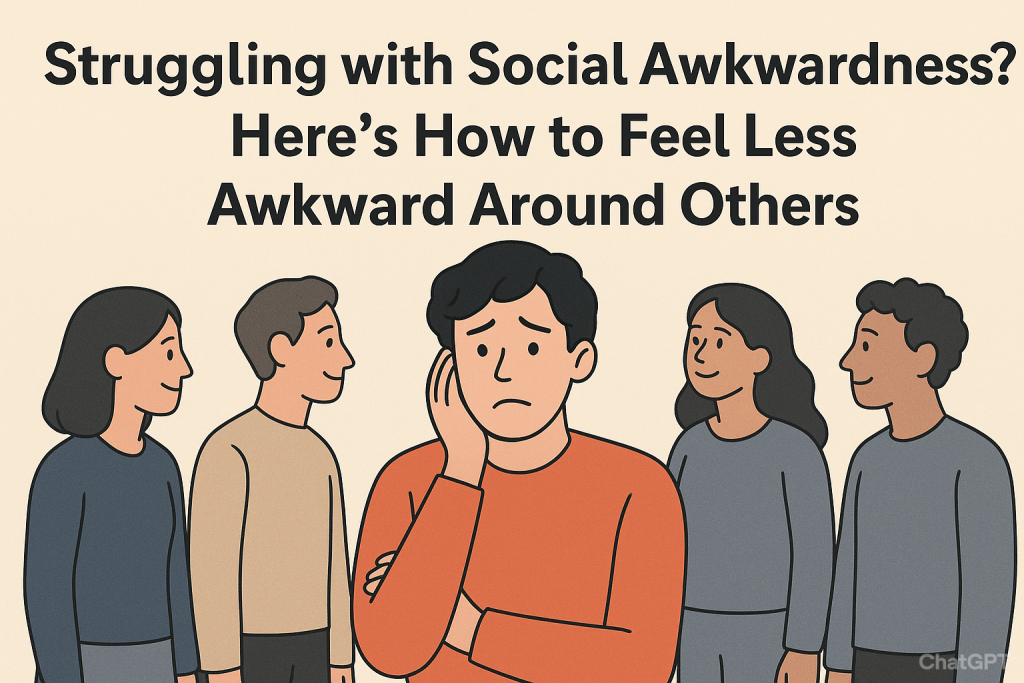
Introduction
Picture this: you walk into a room full of people. Everyone is talking and laughing. You want to join in, but your mind goes blank. You stand on the side, pretending to check your phone.
That uneasy feeling is called social awkwardness. Most people experience it, especially when meeting new groups or joining communities. The good news is that social awkwardness is not permanent. By learning the signs and using simple strategies, you can feel less out of place and more confident.
This guide will explain what social awkwardness is, the socially awkward signs you should notice, how to tell the difference between social awkwardness and social anxiety, and tips to feel comfortable around others.
What Is Social Awkwardness?
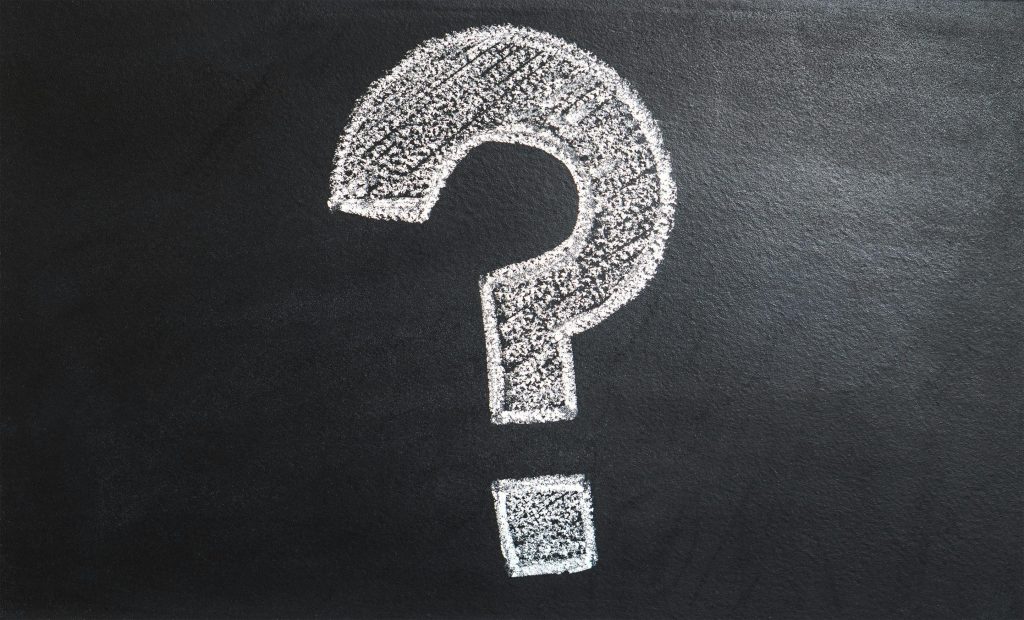
Social awkwardness happens when you feel unsure of yourself in social situations. It is not about being strange or unlikeable. It often comes from not knowing what to say or how to act.
Examples of social awkwardness:

- Forgetting your words.
- Talking too much or too little.
- Worrying about how you sound.
- Feeling unsure about when to join a conversation.
Social Awkwardness and Social Anxiety
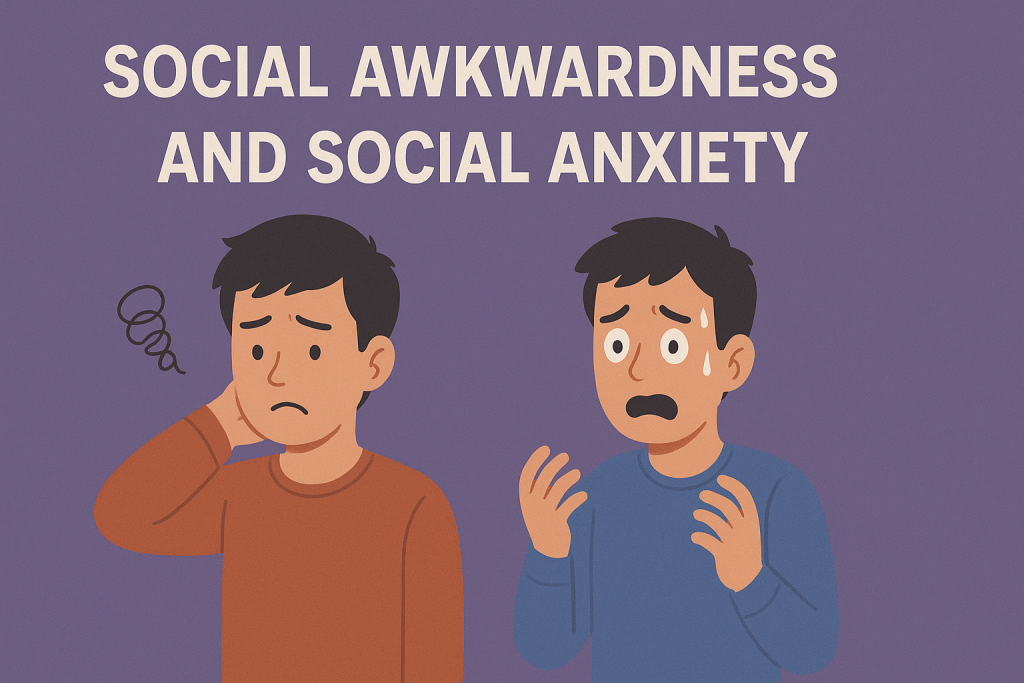
People often confuse social awkwardness and social anxiety. Here’s how they differ:
- Social awkwardness is about skill and practice. You can improve it over time.
- Social anxiety is a stronger fear of being judged that affects daily life.
Awkwardness often fades as you get used to a situation. Anxiety is deeper and may need professional support.
Common Signs of Social Awkwardness
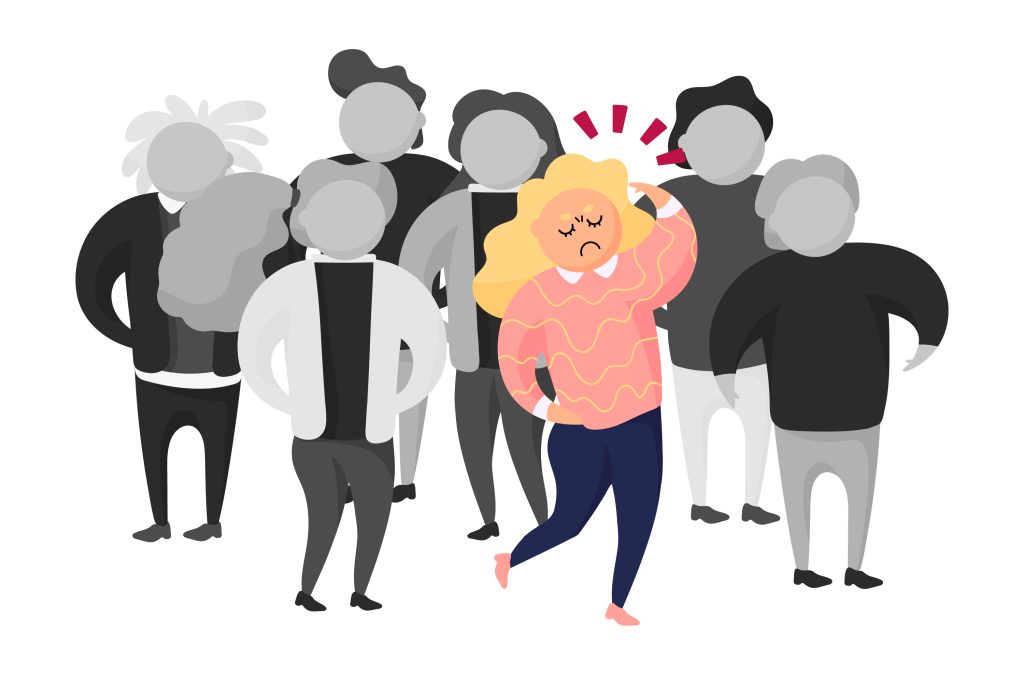
Socially Awkward Signs in Daily Life
Here are some socially awkward signs many people notice in themselves:
- Avoiding eye contact.
- Nervous laughter at the wrong time.
- Forgetting words mid-sentence.
- Overthinking after a conversation.
- Standing on the edge of groups instead of joining in.
Signs of a Socially Awkward Guy
Social awkwardness looks similar for everyone, but some traits stand out more in men. Common signs of a socially awkward guy include:
- Stiff body language or crossed arms.
- Short or blunt replies.
- Struggling with small talk or flirting.
- Trying too hard with jokes.
These signs are not flaws. They are signals of nervousness and can improve with practice.
Why Social Awkwardness Feels Worse in New Communities
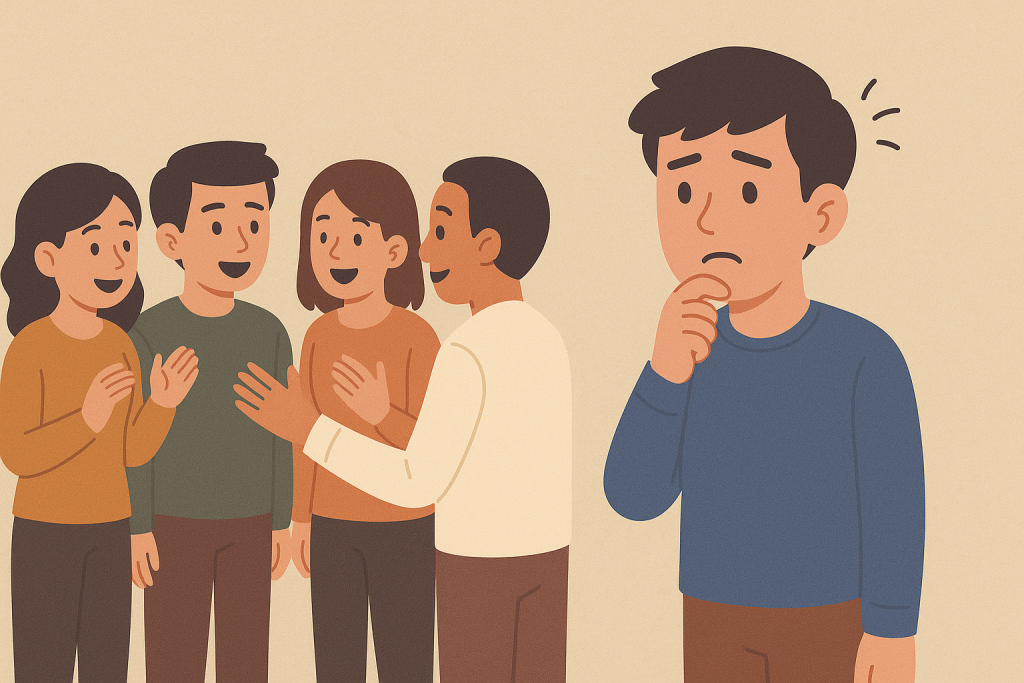
Social awkwardness can feel stronger when you are in a new group. Here’s why:
- You do not know anyone yet.
- You are unsure about the group’s unspoken rules or inside jokes.
- You feel pressure to fit in right away.
Practical Tips to Feel Less Awkward
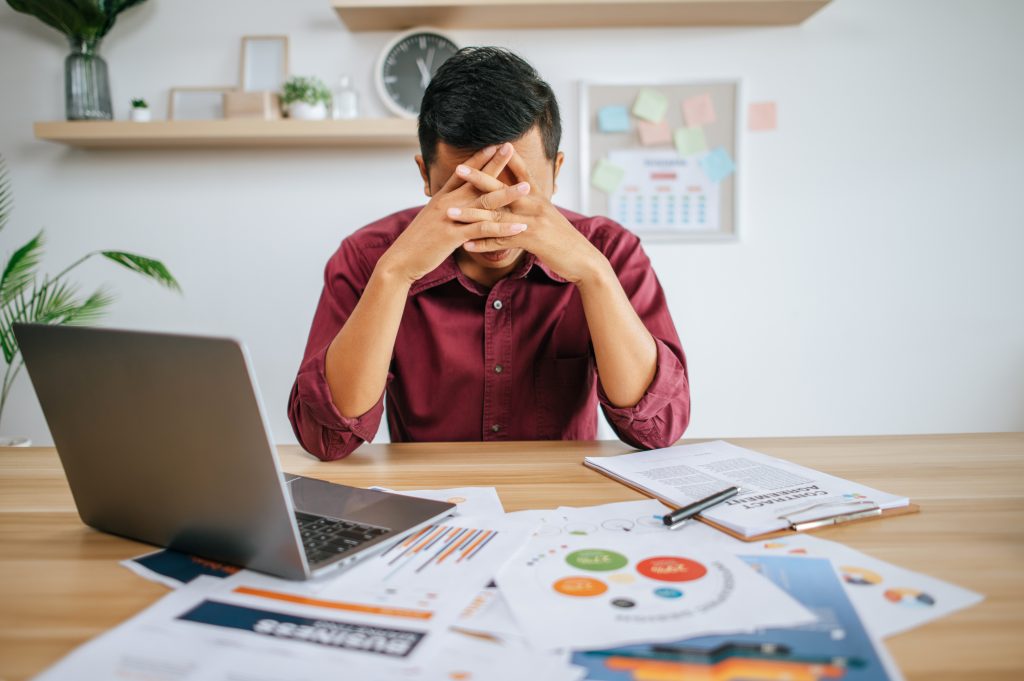
You cannot erase social awkwardness overnight, but you can manage it with practice.
1) Prepare Simple Intros and Ice-Breakers
- “Hi, I’m Mia. I just joined, and I love hiking.”
- “How did you hear about this group?”
- Keep 2 or 3 easy questions ready.
2) Listen More Than You Talk
People enjoy being heard. Ask questions, nod, and let them share. This shifts pressure away from you.
3) Start Small
Begin with one-on-one talks or small groups before larger events. Online communities can also help you practice.
4) Accept That Awkwardness Is Normal
Everyone feels awkward sometimes. Most people do not even notice your slip-ups.
Real-Life Examples and Quick Wins
- At the gym: “Hey, are you using this bench?”
- In a class: “How long have you been coming here?”
- At an event: “I like your notebook. Where did you get it?”
Quick wins to try today:
- Smile at one new person.
- Ask one open-ended question.
- Focus on the moment, not on rehearsing your next line.
Join Group Workouts to Build Confidence
If the gym feels intimidating, try joining a group workout like My Wednesday session. Group workouts are great icebreakers, everyone’s focused on moving, not talking, which makes small talk easier and natural. Over time, you’ll find it easier to chat, share encouragement, and feel part of the group without forcing conversations.
Feel Comfortable, Not Awkward
So, can you really overcome social awkwardness and feel more at ease around others? Absolutely. The key is understanding what drives your discomfort, and learning practical steps that help you relax and connect. Think of social confidence not just as “fitting in,” but as building genuine connections that boost your energy, focus, and self-esteem. And when ease in social settings feels out of reach, our tribe is here to guide you, without the overwhelm.
✅ Take Action Now
Stop Awkwardness, Be Confident
Social awkwardness is tough, but it’s not permanent. By learning what triggers your discomfort, addressing anxiety, and practicing simple social skills, you can start to feel more confident around others.
Small changes, like preparing a few conversation starters, practicing active listening, or focusing on body language, can make a big difference. If your struggles continue, don’t ignore them. Talk to a coach or professional to uncover hidden causes such as low self-esteem or social anxiety.
This is your chance to book your FREE 30-Minute Zoom Clarity Session with me. This is your chance to get personal guidance to keep your momentum going.
Say Goodbye to Social Awkwardness
Still struggling to feel comfortable around others, running out of things to say, or worrying too much about how you come across? You don’t have to figure it out alone.
👉 Join our 7-Day Energy Booster Program and discover simple confidence-building habits, stress relief techniques, and daily tips to feel more relaxed in social situations.
In just one week, you’ll:
- Learn what really causes social awkwardness
- Try easy strategies to start conversations with confidence
- Address hidden triggers like stress and low self-esteem
- Build habits that make connecting with others feel natural
Start today, your more confident self is just 7 days away!
Frequently Asked Question
1) What are the most common socially awkward signs?
The most common socially awkward signs are avoiding eye contact, nervous laughter, forgetting what to say, and overthinking conversations.
2) What are the signs of a socially awkward guy?
The signs of a socially awkward guy include stiff posture, short replies, and trying too hard with humor. These are signs of discomfort, not personality flaws.
3) What is the difference between social awkwardness and social anxiety?
Social awkwardness and social anxiety are not the same. Awkwardness usually happens in new or unfamiliar settings and fades with practice. Social anxiety is a lasting fear of judgment that can affect daily life.
4) Can social awkwardness go away?
Yes. Social awkwardness can improve with practice, exposure, and better listening skills.
5) How can I stop feeling socially awkward around others?
Prepare simple intros, ask questions, and remember that awkwardness is normal. With time, you will feel more comfortable in groups.


